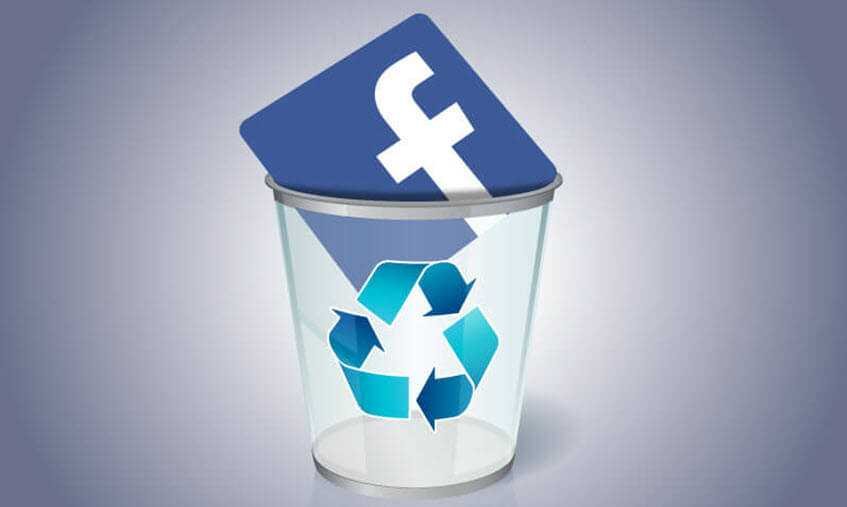Όσοι από εσάς ασχολούνται με την τεχνολογία θα έχετε ακούσει για την καμπάνια #DeleteFacebook. Πόσοι όμως από εσάς θα ακολουθήσουν το tag; Πόσοι από τους περίπου 2 δισmillions χρήστες του Facebook θα μποϊκοτάρουν την πλατφόρμα; Ο Διευθύνων Σύμβουλος Mark Zuckerberg Reported yesterday in the New York Times that he has not noticed many account deletions.
Following its ongoing scandal Cambridge Analytica, several technocrats and users are rethinking the idea of leaving one of the world's most popular advertising agencies. 
However, the decision to write off accounts raises two questions:
1. Has Facebook lost confidence in managing our personal data?
And 2. Is our engagement with the online and offline platform too great to delete our accounts?
The answer to the first question is probably yes, but the answer to the second question does not appeal to anyone:
for most of us 2018, Facebook has become almost indispensable.
No other company in history, except perhaps Google, did not have so many users. In fact, unlike Google, Facebook does not have any legal competition for the basic services it provides.
In fact, Facebook is a monopoly: it has huge amounts of online data, until even Zuckerberg has agreed that maybe it's time to intervene the federal government.
This means that the company will probably make tough decisions to restore its image, relieve its critics and stop those who call for a boycott, although the monopoly is very difficult to stop.
Why
Facebook is free. Facebook does not sell a service to its users, but has its pages for displaying ads.
Without a substantial monetary exchange for the overwhelming majority of Facebook users, the company is able to maintain the illusion of everything being free, while the billions flowing to the company's funds.
This makes the result of the boycott not impressive, as many are not interested in the privacy and not them he cares about goods that have become.
Resisting the # DeleteFacebook initiative is rooted in a combination of indifference and apathy of users, but also a real concern that leaving the Facebook ecosystem would deprive one of the precious internet services: social connections with friends and family.
About 68 percent of US adults use Facebook and more than two-thirds of that number check their Facebook or mobile apps every day.
So when we talk about a possible departure from Facebook, we need to analyze the pros and cons. Although there are many studies that have shown that Facebook's use leads to misery, the #DeleteFacebook campaign relies heavily on an ideology.
If you stop with Facebook, you will be more relaxed knowing that you do not have to keep track of your friends' posts and that you will not be receiving aggressive ads or platform experiments. You will stop filling the service funds by giving access to valuable information in Instagram and Messenger.
Let's remind that a boycott took place in Uber a year ago. Uber Susan Fowler's technician has denounced sexual harassment, CEO Travis Kalanick.
#DeleteUber led to deleting more than 200.000 accounts by sending a clear message that Uber's arrogance and indifference would not be tolerated. A year later, Kalanick left the company, and the composition of Uber's business strategy changed dramatically.
But Facebook is not Uber. Uber was competing with Lyft, an almost identical product with fewer troublesome executives. For those who did not take their bicycle, taxis or public transports solved the problem.
But for the "sick" of Facebook, there is no substitute: for many users, a boycott would require substantial changes in their social and cultural behavior on a daily basis.
From all of the above it appears that #DeleteFacebook will fail. But if you are one of the "crazy" people whose ideology is stronger than addiction and you want to delete your account, do it correctly.





